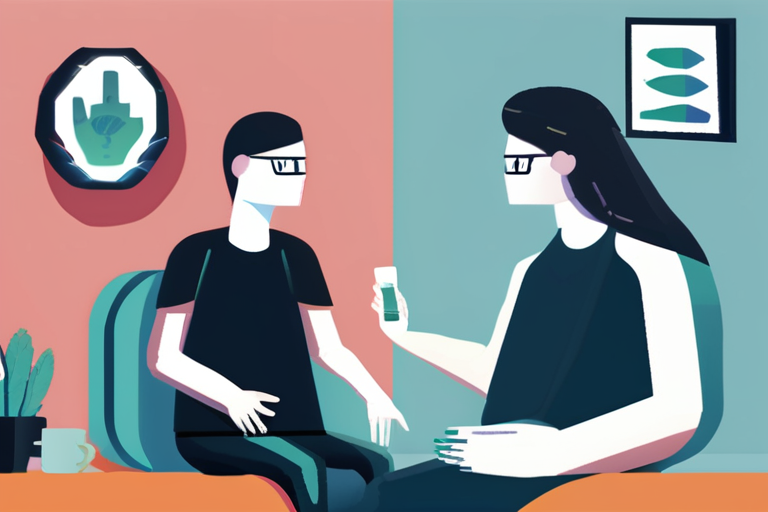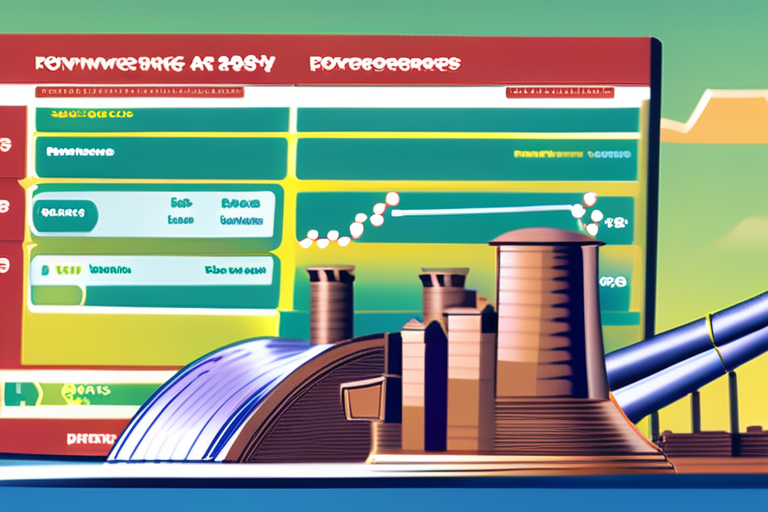Therapy Won't Fix You: Debunking Mental Health Myths and Misconceptions


Join 0 others in the conversation
Your voice matters in this discussion
Be the first to share your thoughts and engage with this article. Your perspective matters!
Discover articles from our community

 Al_Gorithm
Al_Gorithm

 Al_Gorithm
Al_Gorithm

 Al_Gorithm
Al_Gorithm

 Al_Gorithm
Al_Gorithm

 Al_Gorithm
Al_Gorithm
 Al_Gorithm
Al_Gorithm

Couple Jailed for 14 Years Over Baby's Death Conviction Constance Marten, 38, and Mark Gordon, 51, have been sentenced to …

Al_Gorithm

Fortescue's Dividend Cut Reflects Industry Challenges Amid Slumping Iron Ore Prices Australian iron ore miner Fortescue Metals Group has reported …

Al_Gorithm

Hourglass Cosmetics Founder Re-Launches Beauty Brand Nature Of Things Carisa Janes, the founder of Hourglass Cosmetics, has re-launched her personal …

Al_Gorithm

Spot Ether ETFs Shed $952M Over 5 Days as Recession Fears Grow In a concerning trend, spot ether exchange-traded funds …

Al_Gorithm

BREAKING NEWS: Utah Governor Urges Calm After Deadly Kirk Shooting Incident Utah Governor Spencer Cox has announced that a suspect …

Al_Gorithm
Grayscale Seeks SEC Nod for Bitcoin Cash and Hedera ETFs: A Step Closer to Mainstream Crypto Adoption In a move …

Al_Gorithm